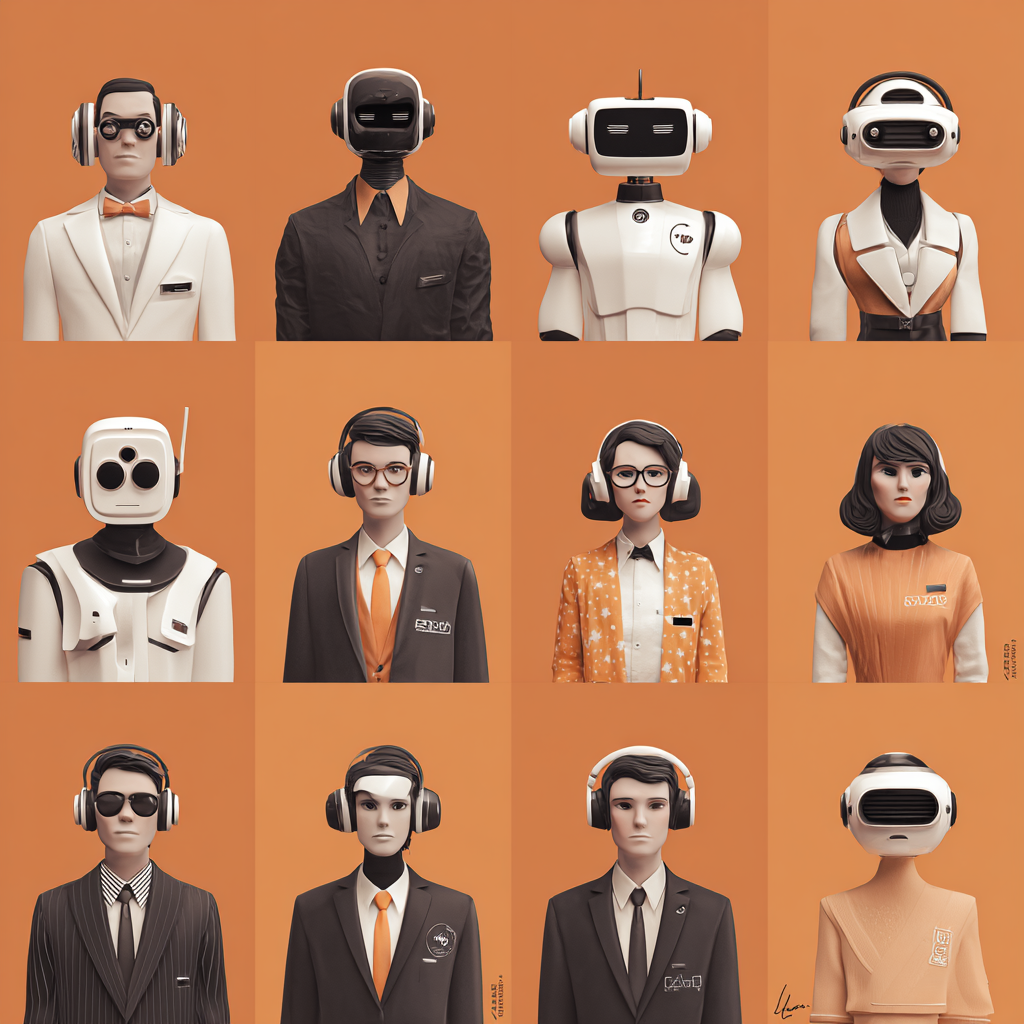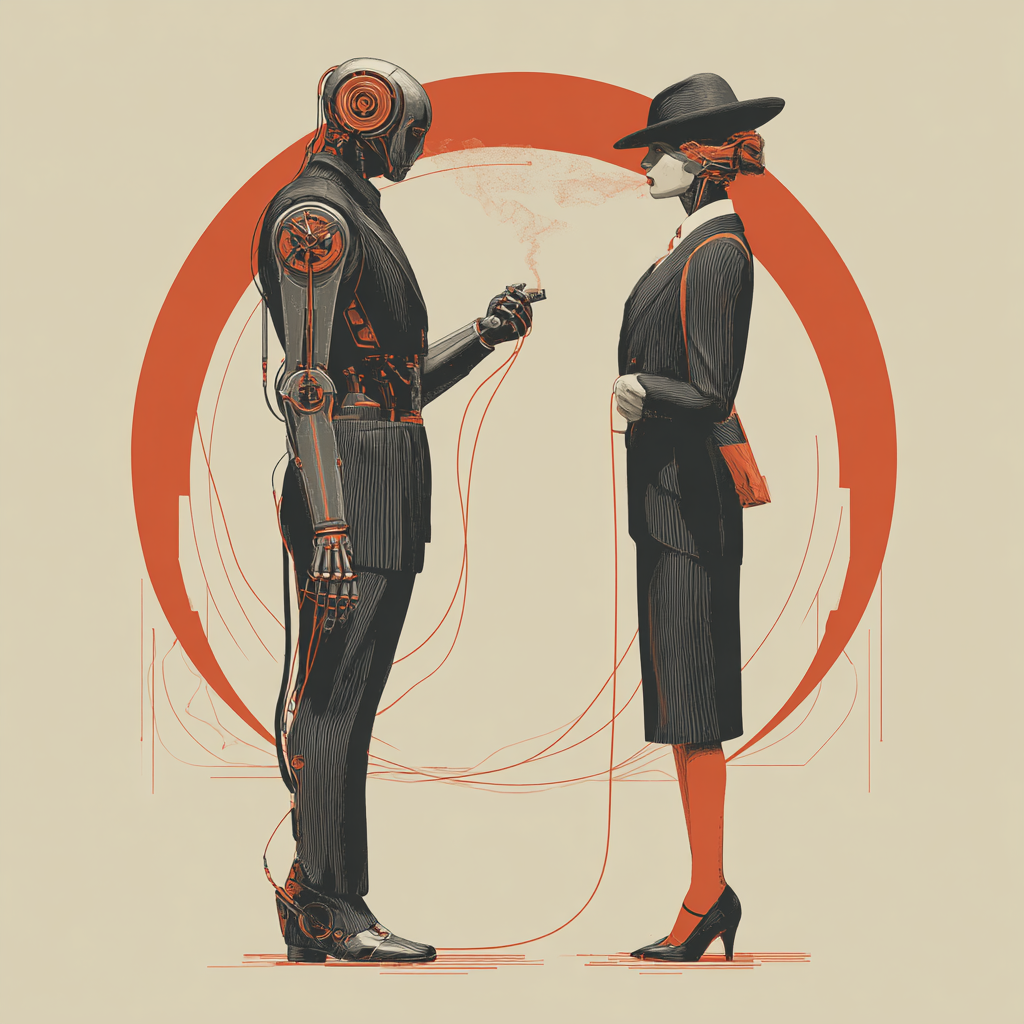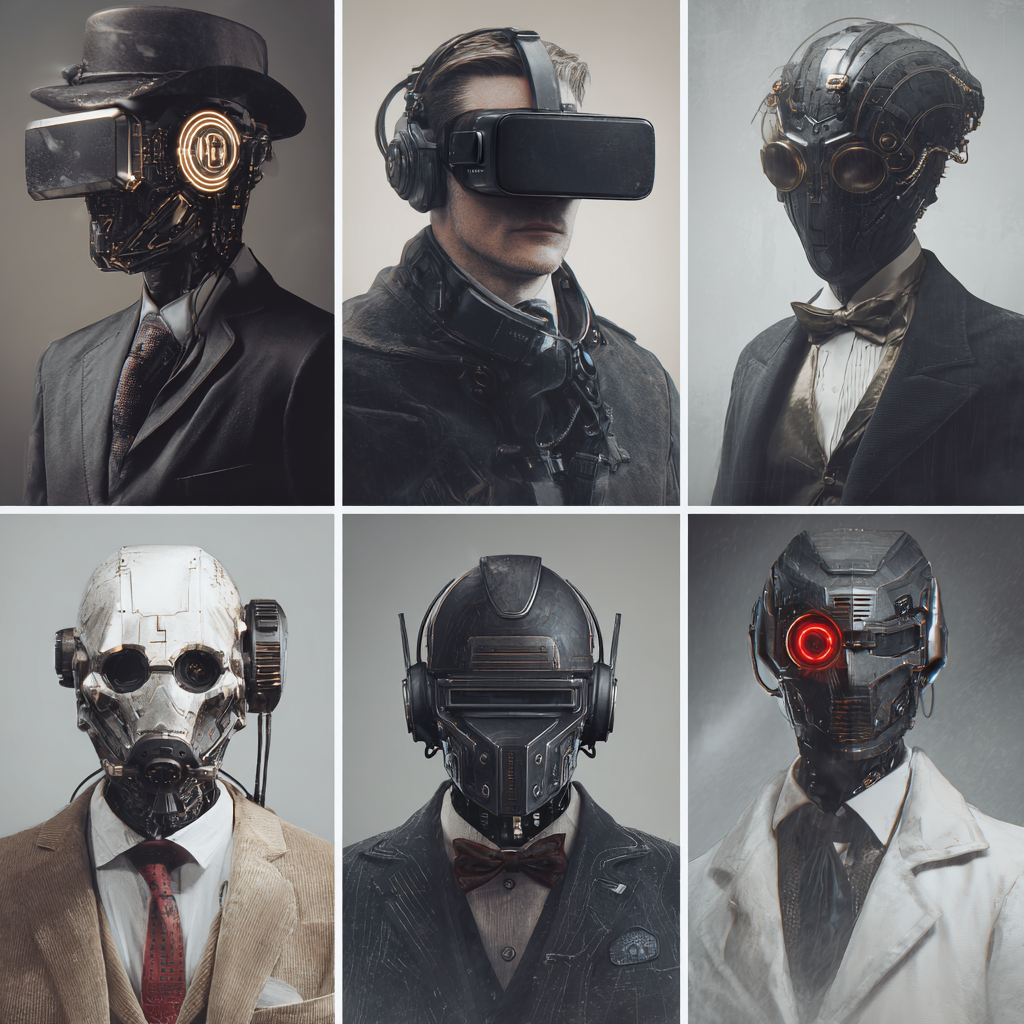AI has come a long way since the days of simple chatbots that could only answer questions or tell jokes. AI agents are changing the way real work is done today by automating tasks, managing data, talking to customers, and even making business decisions. Early chatbots used scripts that had already been written. Modern AI agents, on the other hand, can do complicated tasks with little help from people thanks to machine learning, natural language processing (NLP), and autonomous reasoning. This change marks the start of a new era in which digital assistants are no longer just tools; they are now coworkers.
One simple truth drives the growth of AI agents: intelligence leads to efficiency. Companies are using AI to do things that need to be done over and over again, like answering customer emails and looking at financial reports. ChatGPT, Claude, Gemini, and custom-built enterprise agents can now connect to APIs, databases, and cloud systems to do things, not just give answers. These agents can set up meetings, make reports, summarise calls, write code, or even run e-commerce workflows. A single AI-powered agent can now handle what used to take teams of people working all day and night without getting tired.
One of the most interesting things about this trend is that AI agents are learning to work together, both with people and with each other. In multi-agent systems, different AI models can talk to each other, give each other tasks, and check each other’s work. One AI might look at data, and another might write reports, with a “manager agent” in charge of both. This structure is like how teams work in real life, and it opens up endless possibilities for fields like marketing, software development, healthcare, and education. The end result is that decisions are made more quickly, costs are lower, and productivity goes up by a huge amount.
AI agents are changing the way we think about “work” as they get better. These digital coworkers don’t replace people; they free up people’s time so they can be more creative. AI agents are the next big step towards intelligent automation, whether you’re an entrepreneur automating your online business, a content creator streamlining your workflow, or a developer making custom solutions. This isn’t the future; it’s already happening. Companies that change early will have a big edge in terms of speed, innovation, and efficiency.

1. How AI Agents Work
AI agents are no longer just chatbots; they are now independent digital beings that can understand context, plan actions, and reach goals. Modern AI agents can do multi-step tasks with little help from people. They do this by combining machine learning, reasoning, and memory, which is different from simple assistants that only follow scripts. They look at their surroundings, break down big goals into smaller steps, and learn from what happens over time.
Here’s a simplified breakdown of how they operate:
| Stage | What It Does | Example in Action |
|---|---|---|
| Goal Definition | Receives a clear objective from a human or system. | “Summarize this 10-page report.” |
| Data Collection | Gathers relevant data from APIs, emails, or documents. | Extracts key figures from spreadsheets. |
| Planning | Breaks down the goal into smaller, logical subtasks. | Create an outline → write intro → add visuals. |
| Execution | Performs tasks automatically using integrated tools. | Generates a report and sends it by email. |
| Feedback Loop | Evaluates results and improves future performance. | Learns your preferred tone or formatting style. |
These steps make AI agents context-aware and action-driven, far beyond the Q&A limitations of early chatbots. They can integrate with systems like Google Workspace, Notion, WordPress, or Slack; turning them into real digital coworkers.
2. Real-World Examples of AI Agents in 2025
AI agents are now performing real work across industries, from marketing to coding to healthcare. Here are the most impactful examples:
- Customer Support Agents: Tools like Forethought and Intercom Fin resolve tickets automatically, learning from past responses and escalating only complex issues to humans.
- AI Developer Assistants: GitHub Copilot and CodeGPT act as coding partners, suggesting, debugging, and even deploying code autonomously.
- Research & Writing Agents: ChatGPT o1-preview or Anthropic Claude Projects can read PDFs, gather research, and write structured reports with citations.
- E-commerce Automation: AI agents in Shopify or WooCommerce handle inventory, recommend pricing changes, and generate personalized email campaigns.
- Multi-Agent Collaboration Systems: Platforms like AutoGPT, SmythOS, and CrewAI let multiple AI agents cooperate on research, another writes, and a third edits all under one orchestrator.
| Sector | Example Agent | Task Type |
|---|---|---|
| Customer Service | Intercom Fin | Resolving tickets & FAQs |
| Content Creation | Jasper / ChatGPT | Writing blogs, emails, ads |
| Software Development | Copilot / CodeGPT | Code generation & debugging |
| Sales & CRM | HubSpot AI | Lead nurturing, email automation |
| E-commerce | Shopify Flow AI | Inventory & marketing automation |
These examples prove that AI agents have moved from theory to daily business operations, improving scalability and precision.

3. Benefits for Businesses and Professionals
AI agents are not just cool tech; they’re changing the economics of work. Companies implementing them report dramatic improvements in efficiency, accuracy, and cost reduction.
Key Benefits:
- Time Efficiency: Agents take over repetitive tasks; data entry, email sorting, report drafting; freeing humans for creativity and strategy.
- 24/7 Scalability: They work non-stop, handle thousands of tasks simultaneously, and never burn out.
- Improved Accuracy: Machine logic reduces human error, especially in financial, analytical, and customer-facing tasks.
- Enhanced Human-AI Collaboration: Instead of replacing people, AI agents enhance human performance by acting as co-pilots.
- Smarter Decision-Making: With access to vast datasets, agents identify patterns and insights faster than any analyst.
| Benefit | Impact |
|---|---|
| Task Automation | Reduced manual workload & faster operations |
| Decision Intelligence | Real-time insights for better business choices |
| Productivity Boost | Teams focus on high-value work |
| Cost Reduction | Lower labor costs & resource optimization |
| Continuous Learning | Agents improve over time through feedback |
Imagine an entrepreneur running a startup: their AI agent can handle emails, schedule meetings, summarize research, and manage ad campaigns; all while they focus on innovation and client growth.
4. Challenges and Future Predictions
Current Challenges
Even with all their potential, AI agents still face limitations:
- Accuracy & Reliability: Complex multi-step reasoning can cause chain errors. Agents need better validation systems.
- Context Memory: Long-term task memory remains difficult, most agents “forget” after session resets.
- Security & Privacy: Granting agents access to emails, CRMs, or financial data poses serious cybersecurity risks.
- Cost & Infrastructure: Running multiple agents requires high computing power and robust APIs.
- Human Trust: Users must understand and trust automated decisions before widespread adoption.

The Future Ahead
- Multi-Agent Ecosystems: Expect networks of specialized agents collaborating like human teams, research, write, design, and deploy.
- Open Standards & Governance: Major players like Microsoft, OpenAI, and Anthropic are developing frameworks to make agents interoperable and auditable.
- Localized AI Agents: Emerging markets will see AI trained in native languages and cultural contexts.
- Integration in Everyday Tools: Gmail, WordPress, Notion, Slack, and even Zoom are embedding agents directly into workflows.
- AI Agents for Everyone: From freelancers to small businesses, affordable AI copilots will become as common as smartphones.
| Year | Prediction | Expected Impact |
|---|---|---|
| 2025 | Multi-agent frameworks mature (AutoGPT 3.0, CrewAI) | Seamless teamwork between AIs |
| 2026 | Standardized AI governance tools | Safer, more auditable automation |
| 2027 | Mass adoption in SMEs | Cost savings + human productivity |
| 2028 | AI-native startups dominate | Entire workflows managed by agents |
| 2030 | Fully autonomous enterprise agents | Near-zero manual operations |
The line between “AI assistant” and “AI coworker” is disappearing fast. Businesses that adopt early will lead this transformation, saving time, boosting revenue, and redefining what productivity means in the digital age.
